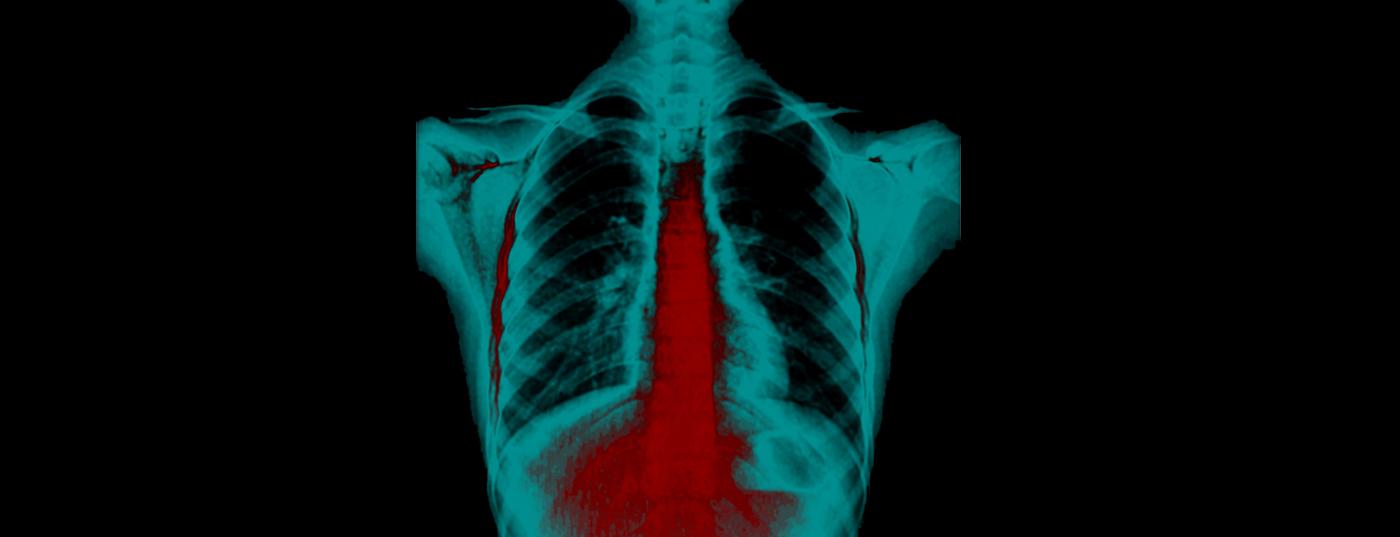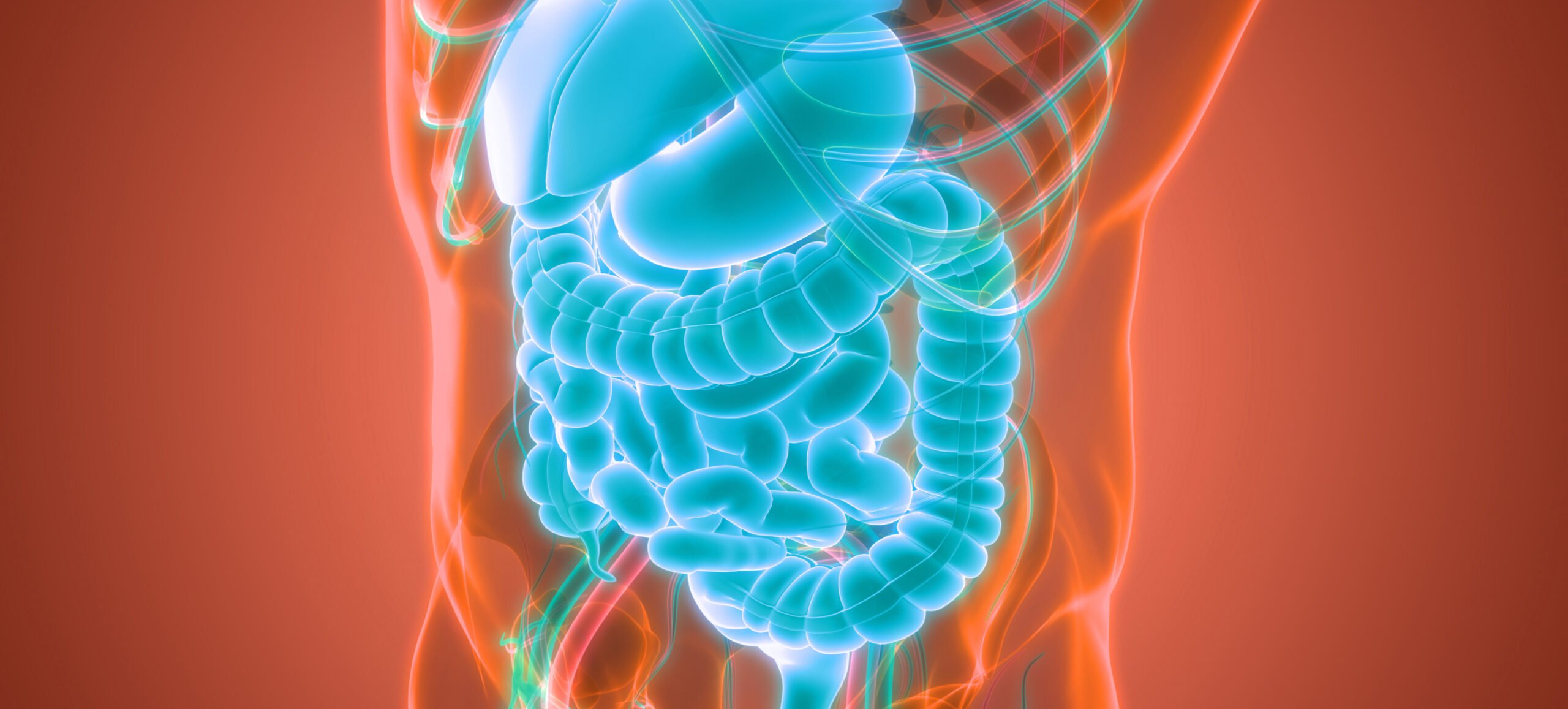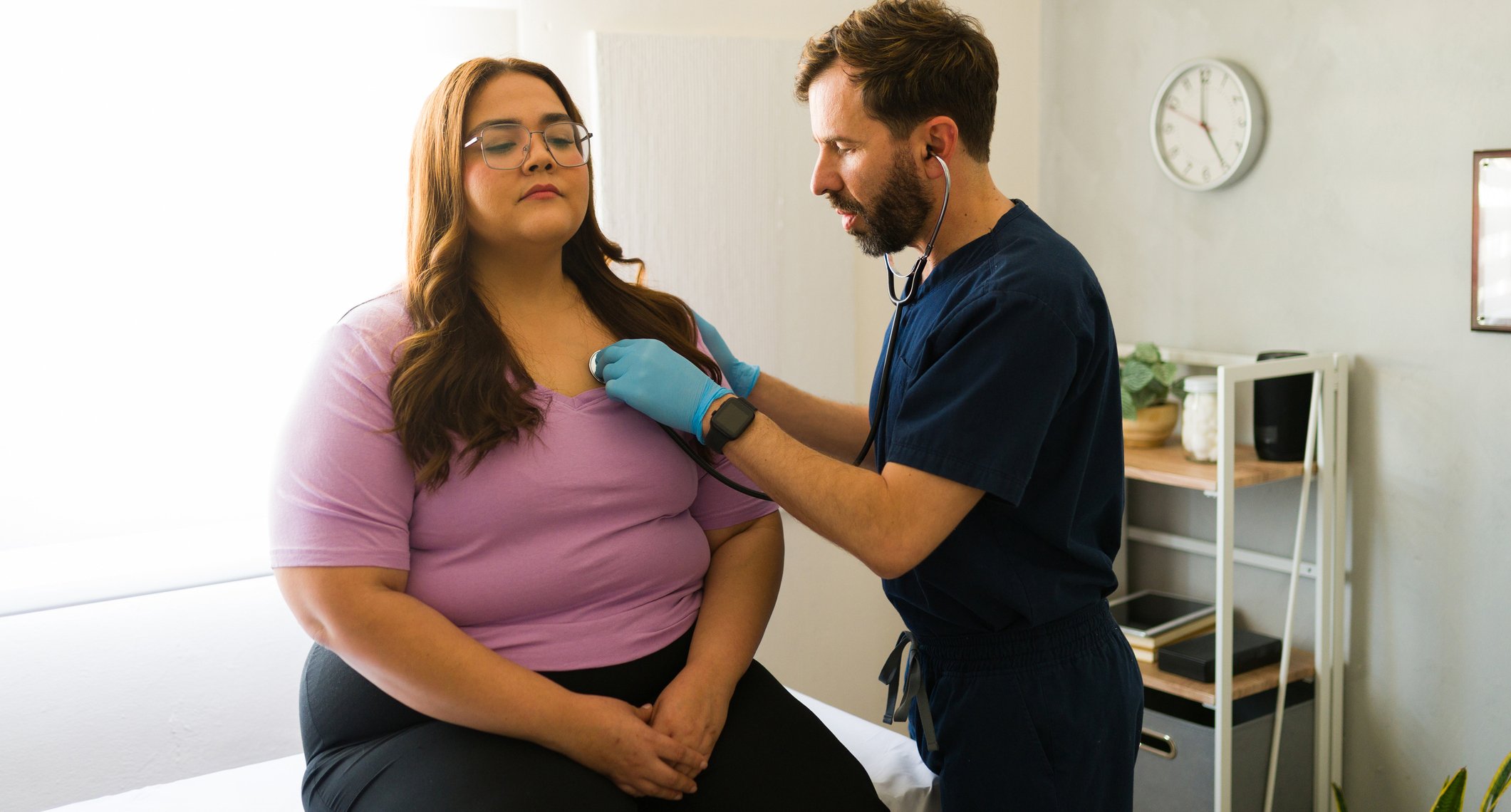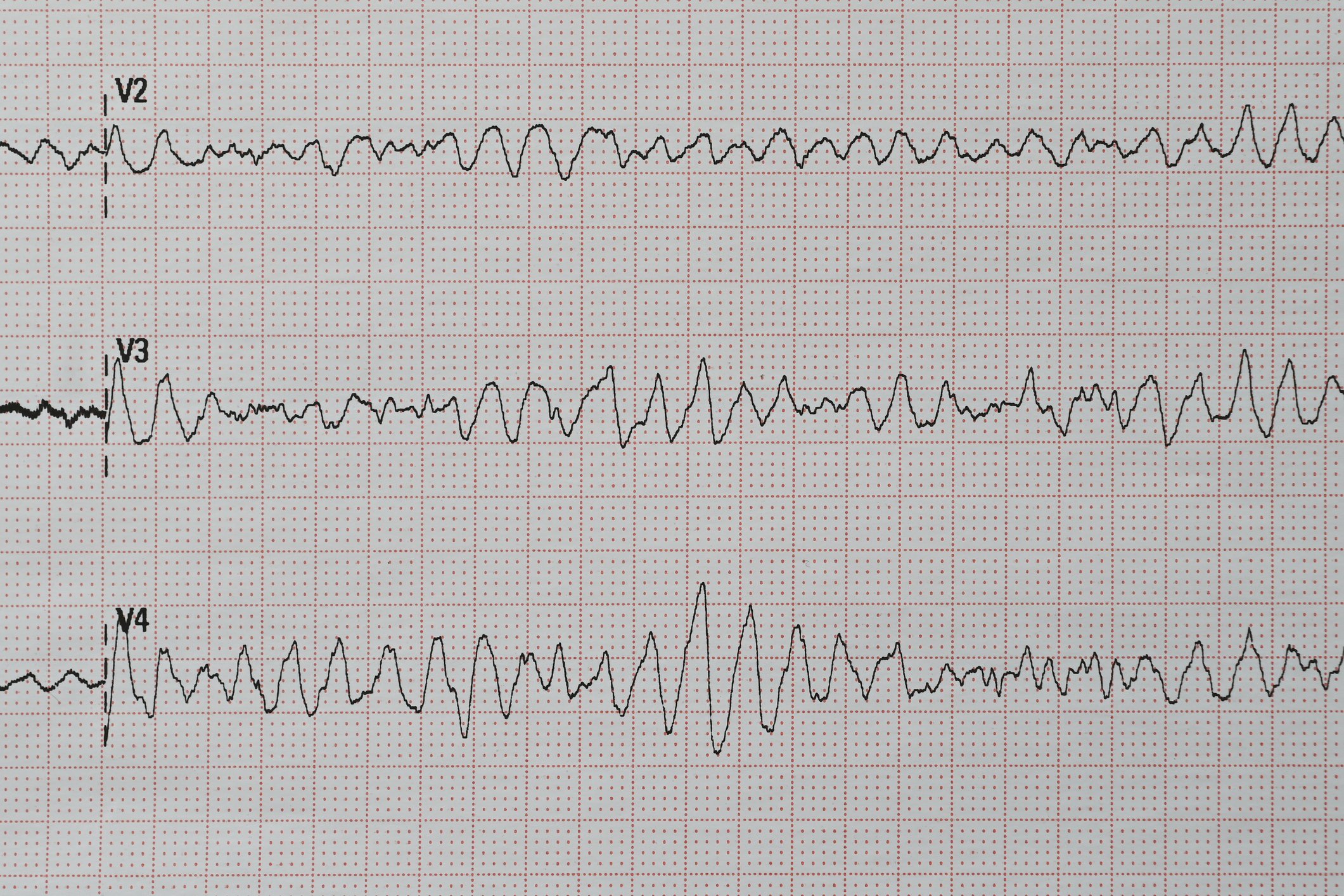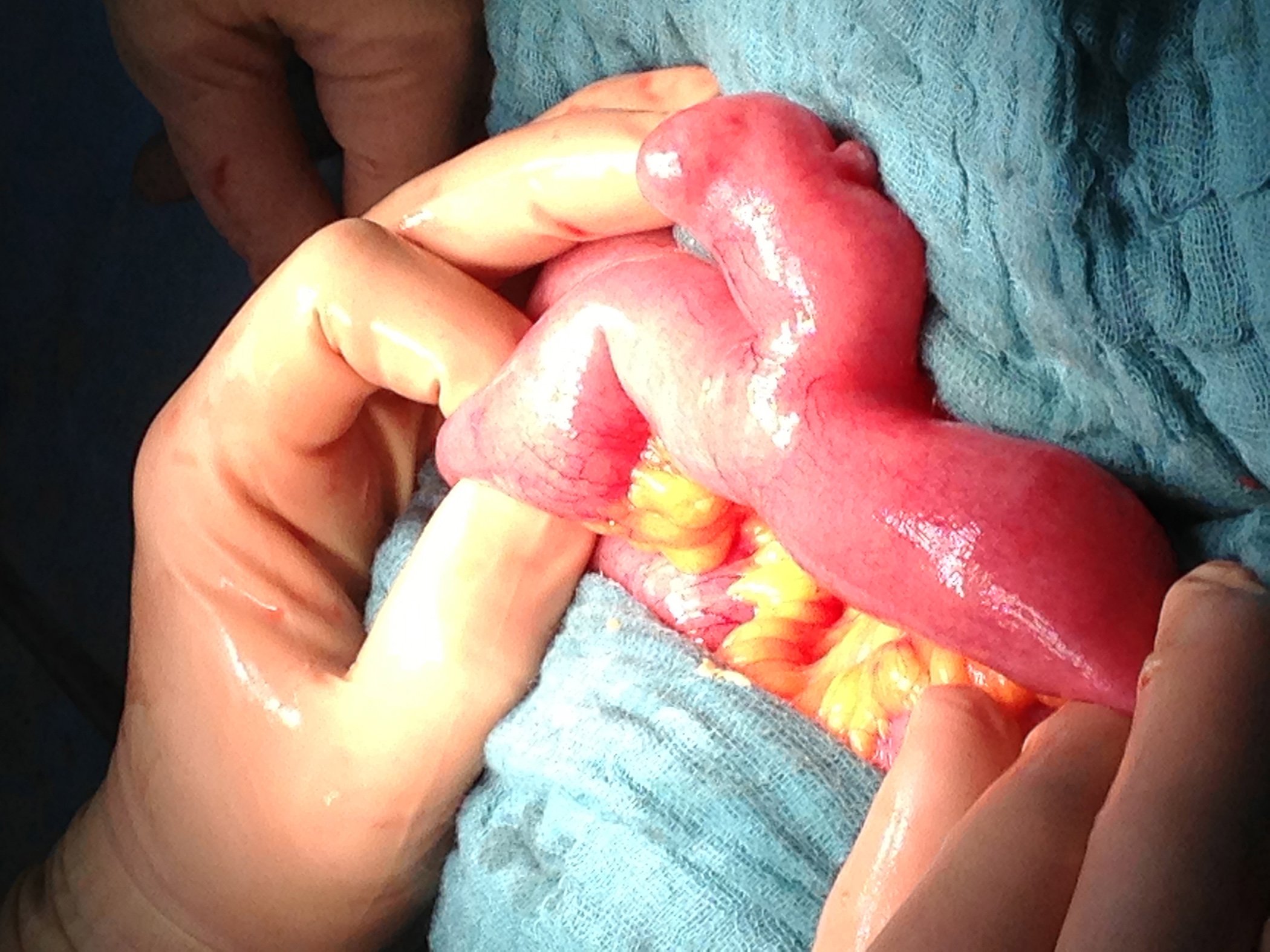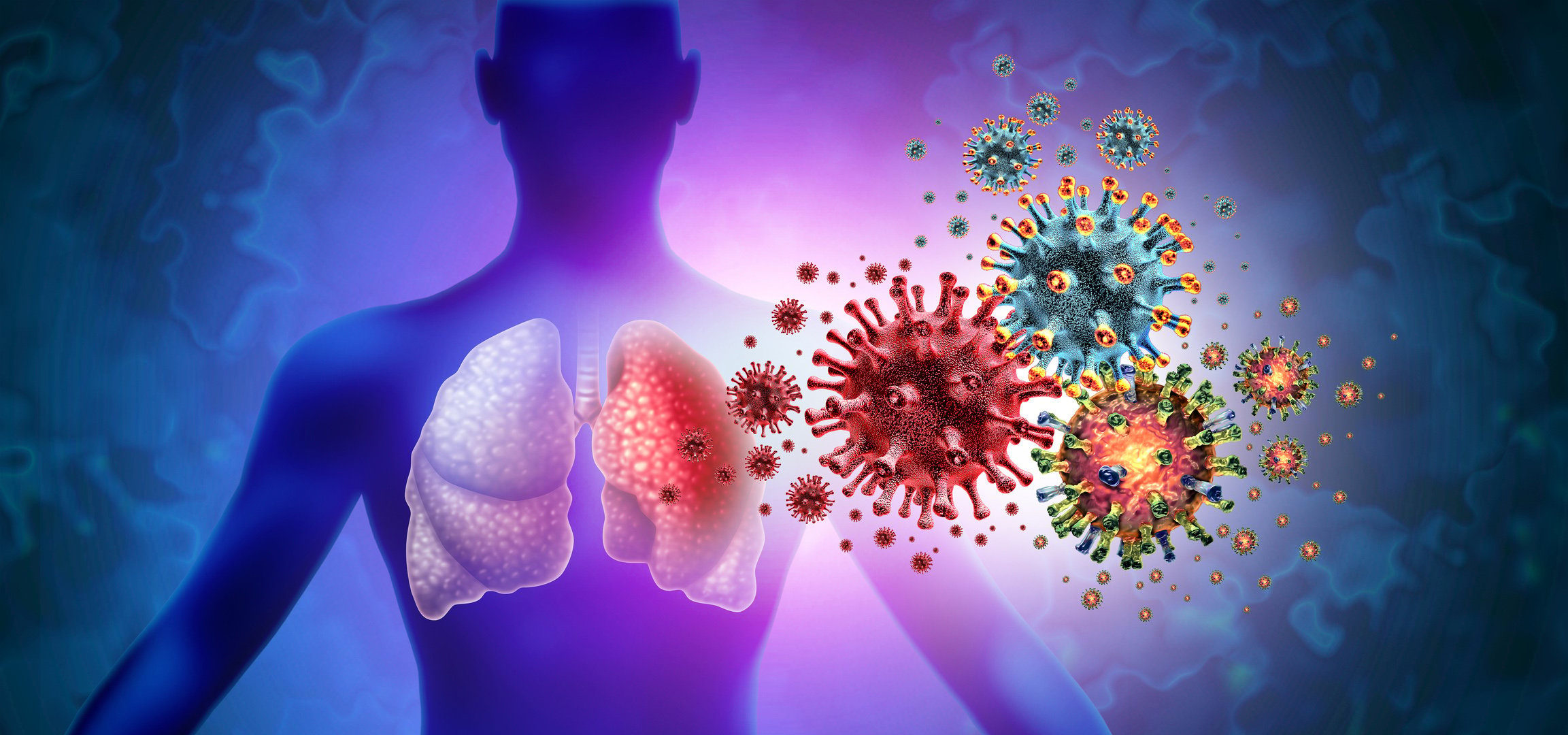A 44-year-old female patient presents with recurrent vomiting after receiving a sleeve gastrectomy.
Background: A 44-year-old female patient presents to the nutrition center with recurrent vomiting. Less than six months earlier, she underwent a sleeve gastrectomy.
Since then, the patient complained of repeated regurgitation of air and food after each meal. She also reported heartburn and acid regurgitation. As a result, the patient experienced rapid weight loss and weakened general condition.
In an esophageal passage, sleeve gastrectomy revealed an irritation-free situs situation with rapid passage of the contrast agent through the upper gastrointestinal tract. The patient was then treated with a combination of antiemetics (Paspertin® 10mg as needed) and high-dose proton pump inhibitors (Pantozol® 2x 20mg/d). However, the complaints improved only insignificantly as a result.
History and diagnosis: The patient was referred to a gastroenterologist for further evaluation. Gastroscopy revealed no evidence of reflux esophagitis, hiatal hernia, or gastritis (on PPI therapy). Gastroesophageal reflux is the most common complication of this form of bariatric surgery. A physiological examination was prescribed to document the cause of the complaints. High-resolution manometry with swallowing of water showed no motility disturbance. In contrast, repeated, brief increases in abdominal pressure were observed after ingestion of a test meal. At the same time, the patient had repetitive vomiting or regurgitation. This finding is diagnostic of rumination syndrome.
Therapy: Rumination is an unconscious but self-induced regurgitation of gastric contents. This striking behavior is often a response to abdominal, e.g., post-operative pain. The repetitive increase in pressure can also cause tension in the abdominal and thoracic wall muscles, resulting in pain. Treatment of the symptoms is carried out by physiotherapy and consists of breathing and relaxation exercises to actively relax the diaphragm and abdominal wall muscles. Through this therapy, the patient learned to recognize and suppress the conspicuous behavior. The chances of success in cases without severe physical or psychological comorbidity are considered good.
 Comment by Prof. Mark Fox, MD: Ruminations syndrome is basically a clinical diagnosis that is not always easy to distinguish from reflux. Volume regurgitation occurs now and then after meals in severe reflux disease and may also occur with physical exertion or change of position, for example when lying down in bed. In contrast, rumination syndrome is characterized by repeated, seemingly effortless regurgitation of food after almost every meal. In distinction, vomiting is accompanied by nausea and causes a large amount of food to be regurgitated in gushes. In difficult cases, physiologic testing, particularly high-resolution manometry with a test meal, can distinguish between these conditions.
Comment by Prof. Mark Fox, MD: Ruminations syndrome is basically a clinical diagnosis that is not always easy to distinguish from reflux. Volume regurgitation occurs now and then after meals in severe reflux disease and may also occur with physical exertion or change of position, for example when lying down in bed. In contrast, rumination syndrome is characterized by repeated, seemingly effortless regurgitation of food after almost every meal. In distinction, vomiting is accompanied by nausea and causes a large amount of food to be regurgitated in gushes. In difficult cases, physiologic testing, particularly high-resolution manometry with a test meal, can distinguish between these conditions.
More articles on the topic

